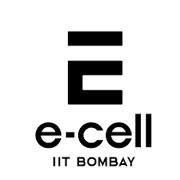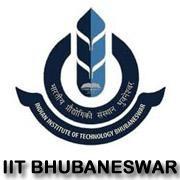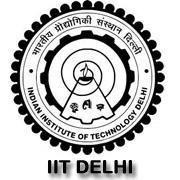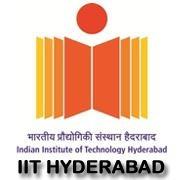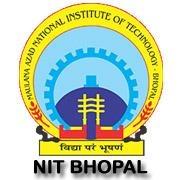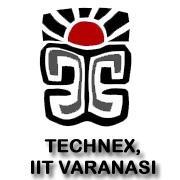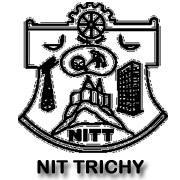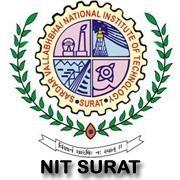Industry 4.0 Workhop
Industry 4.0 is the current trend of automation and data exchange in manufacturing technologies. It includes cyber-physical systems, the Internet of things and cloud computing. Industry 4.0 creates what has been called a "smart factory".
Topics to be covered in Workshop
Introduction to Industry 4.0
Introduction to Cloud Computing
- A short history
- Client Server Computing Concepts
- Challenges with Distributed Computing
- Introduction to Cloud Computing
- Why Cloud Computing?
- Benefits of Cloud Computing
Networking Basics
- Understanding Networking Concepts
- TCP/IP
- Application Protocols
- Understanding Linux Files and Network Tooling
- ifconfig
- dig
- ping
- traceroute
- netstat
- tcpdump
- resolv.conf
- ssh
- scp/rsync
Characteristics of Cloud Computing
- API based access
- Cost
- Device independence
- Virtualization
- Multitenancy
Types of Cloud Computing
- Software as a Service
- Platform as a Service
- CLOUD COMPUTING – BASIC AND ADVANCED
- Infrastructure as a Service
- Other XaaS's
Cloud Deployment Models
- Public Cloud
- Private Cloud
- Hybrid Cloud
- When to choose what?
Virtualization
- Introduction to Virtualization
- Role of Virtualization in Cloud Computing
- Types of Virtualization
- Examples of Virtualization
- Benefits of Virtualization
- Amazon Web Services (AWS)
- Introduction to the AWS products
- Amazon Elastic Compute Cloud (EC2)
- Amazon Simple Storage Service (S3)
BigData/Hadoop
What is Big Data & Why Hadoop?
- What is Big Data?
- Traditional data management systems and their limitations
- What is Hadoop?
- Why is Hadoop used?
- The Hadoop eco-system
- Big data/Hadoop use cases
HDFS (Hadoop Distributed File System)
- HDFS Architecture
- Namenode memory concerns
- Secondary namenode
- Basic Hadoop commands
PIG and HIVE Programming
Data Science
Introduction to R
- History of R
- An Insight into R
- Data Structure and Data Type
Data Management and Data Cleaning
- Missing Value Treatment
- Outlier Treatment
- Sorting Datasets
- Merging Datasets
- Creating new variables
- Binning variables
- Reading datasets from other environments into R ( importing )
- Writing datasets from R environment to other environments (exporting )
Data Visualization in R
- Bar Chart
- Dot Plot
- Scatter Plot ( 3D )
- Spinning Scatter Plots
- Pie Chart
- Histogram ( 3D ) [including colourful ones ]
- Overlapping Histograms
- Boxplot
- Plotting with Base and Lattice Graphics
IOT (NODE RED)
- A brief introduction to Node-RED
- Building your first flows
- Basic nodes and flows A tour of the core nodes
- The Node-RED programming model
- Intermediate flows
- Dashboards and UI techniques.
- Node-RED, the cloud and IoT platforms
- Advanced flows
Duration: The duration of this workshop will be two consecutive days, with eight hour session each day in a total of sixteen hours properly divided into theory and hands on sessions.
Certification Policy:
- Certificate of Participation for all the workshop participants.
- At the end of this workshop, a small competition will be organized among the participating students and winners will be awarded with a 'Certificate of Excellence'.
- Certificate of Coordination for the coordinators of the campus workshops.
Eligibility: There are no prerequisites. Anyone interested, can join this workshop.




